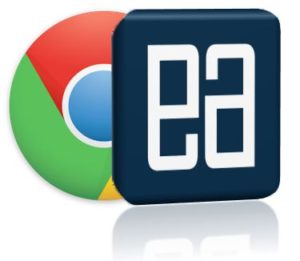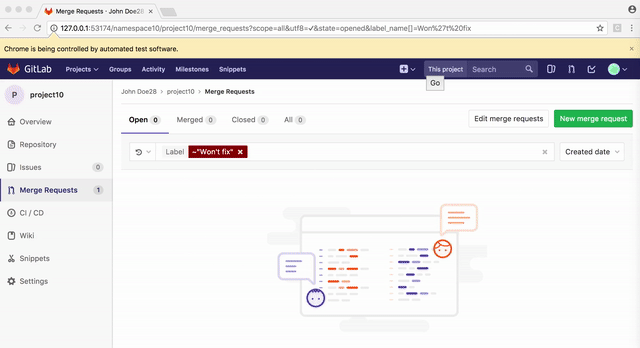

- CHROMIUM BROWSERS PORT TO HEADLESS CHROME HOW TO
- CHROMIUM BROWSERS PORT TO HEADLESS CHROME PDF
- CHROMIUM BROWSERS PORT TO HEADLESS CHROME UPGRADE
How to Install Google Chrome in CentOS/RHEL & Fedora.
CHROMIUM BROWSERS PORT TO HEADLESS CHROME UPGRADE
CHROMIUM BROWSERS PORT TO HEADLESS CHROME PDF
It also supports to print the web page DOM and create a pdf of the web page. You can capture screenshots of any web page using the command line as well as programming language without starting Chrome GUI. The headless Chrome is useful for browser automation. See the client API documentation for more information.Google Chrome latest version released with a new useful feature Headless Chrome. The API functions corresponds to DevTools commands.

SetProxyServer - Configures an HTTP/HTTPS proxy server to be used for accessing the network.SetMessagePump - Replaces the default base message pump.HeadlessBrowser::Options::Builder - Defines the embedding options, e.g.:.The API provides default implementations for low level adaptation points such as networking and the run loop. The embedder API allows developers to integrate the headless library into their application. com /Īs of M118, precompiled headless_shell binaries are available for download under the name chrome-headless-shell via Chrome for Testing infrastructure. $ out / Debug / headless_shell - remote - debugging - port = 9222 https :// youtube. To do this, start the application with an argument specifying the debugging port: $ ninja - C out / Debug headless_shell For instance, it supports remote debugging with the DevTools protocol. Headless Shell is a more capable headless application. Then build the example: $ ninja - C out / Debug headless_exampleĪfter the build completes, the example can be run with the following command: $ out / Debug / headless_example https :// com / $ echo 'import("//build/args/headless.gn")' > out / Debug / args. To run it, first initialize a headless build configuration: $ mkdir - p out / Debug It loads a web page and outputs the resulting DOM. Headless Example is a small sample application which demonstrates the use of the headless C++ API. This approach is otherwise similar to controlling the browser over a DevTools connection, but it provides more customization points, e.g., for networking and mojo services. Headless Chromium can be built as a library for embedding into a C++ application. Navigate to in another browser to open the DevTools interface or use a tool such as Selenium to drive the headless browser.įor example, the chrome-remote-interface Node.js package can be used to extract a page's DOM like this: const CDP = require ( 'chrome-remote-interface' ) ĬDP (( client ) => ) Usage as a C++ library.

$ chrome - headless - remote - debugging - port = 9222 https :// chromium. Start a normal Chrome binary with the -headless command line flag:.There are two ways to use Headless Chromium: Usage via the DevTools remote debugging protocol Expected use cases include loading web pages, extracting metadata (e.g., the DOM) and generating bitmaps from page contents - using all the modern web platform features provided by Chromium and Blink.

Headless Chromium allows running Chromium in a headless/server environment.


 0 kommentar(er)
0 kommentar(er)
